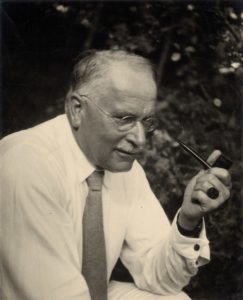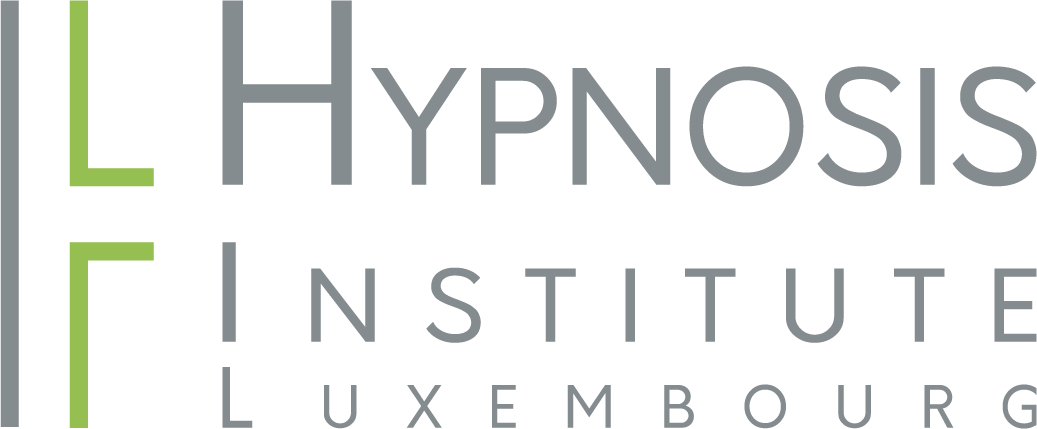Carl Gustav Jung

Carl Gustav Jung(* July 26, 1875 in Kesswil, Switzerland; † June 6, 1961 in Küsnacht/Canton of Zurich), usually abbreviated to C. G. Jung, was a Swiss psychiatrist and the founder of analytical psychology.
In his early years as a student, one of his interests was spiritualism, a field which, as his biographer Deirdre Bair wrote in 2005, was considered “related to psychiatry”. His interest in it was aroused by two inexplicable “poltergeist phenomena” in his first semester at university: he observed a table suddenly being torn apart and a bread knife being cleanly shattered.
From 1894 to 1899, Jung attended séances of his cousin Helly Preiswerk, who seemed to have mediumistic abilities in a trance, and for two years, from 1895 to 1897, the weekly séances of a “glass and table-turning circle” that had formed around a fifteen-year-old “medium”.
His collaborator Marie-Louise von Franz commented on this with reference to Jung’s remarks on The Psychological Foundations of the Belief in Spirits:
“This experience prompted him to regard all ghostly apparitions as autonomous ‘partial souls‘ belonging in principle to the personality.”
Jung specialized in psychiatry. He already had an interest in this field due to his father Paul’s work as a pastor and consultant at the insane asylum in Basel (presumably from 1886/87 until the end of his life on January 28, 1896).The decisive factor in Jung’s decision was his reading of Krafft-Ebing’s Textbook of Psychiatry for Practical Doctors and Students, in which psychoses are described as “diseases of the person”, which for Jung connected “the two streams of my interest” as a “common field of experience of biological and mental facts”.
In 1900, after completing his state examination, Jung worked as an assistant to Eugen Bleuler at the Burghölzli mental asylum in Zurich. During this time, his observations of the phenomenon of the split personality, which he had gained from protocols of spiritualistic sessions, led to his dissertation Zur Psychologie und Pathologie sogenannter occulter Phänomene (On the psychology and pathology of so-called occult phenomena) in 1902. In the winter of 1902/03, Jung assisted Pierre Janet at the Hôpital de la Salpêtrière in Paris. His research at the Burghölzli on brain tissue samples and his work with the then popular hypnosis to cure the symptoms of mental illness did not satisfy Jung’s search for the origin and nature of mental illness. It was only the continuation of the association studies developed by Wilhelm Wundt together with his colleague Franz Beda Riklin that led Jung to a first answer. The results of his association experiments, combined with the ideas of Pierre Janet in Paris and Théodore Flournoy in Geneva, led Jung to accept what he called “emotional complexes”. He saw this as confirmation of Sigmund Freud’s theory of repression, which for him was the only sensible explanation for such thought units that behave autonomously but are difficult for the conscious mind to access.
In the last years of his life, Jung deepened his research into the collective unconscious, alchemy and the significance of religion for the psyche.
